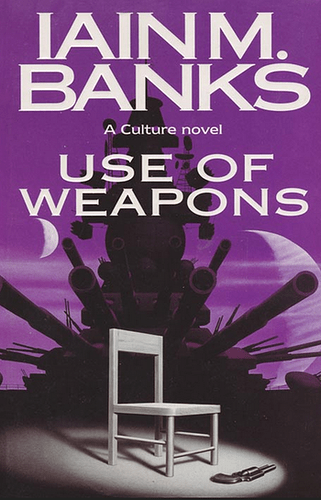I am nearing the end of Piketty’s Capital and Ideology. I didn’t realize what I was getting into necessarily with a 1200 page book. I’ve read Capital in the 21st Century before this, so I was caught off guard when it broke away from basically raw descriptive material and into the prescriptive.
Capital and Ideology being so massive, and every part of it being seemingly significant, and most of it building upon itself makes it basically impossible to TLDR. It helps to have read the prior book, but they are also entirely different reads. I’ve went out looking at reviews of the book from five months ago, and I genuinely don’t think most people read it. And the comments on reviews and on Reddit are all pithy one-liners like you would expect… because when we talk about economics and politics everyone wants small bit sized quips or simple mental heuristics.
I really highly would recommend it, but I also kinda don’t expect anyone to read it. I could talk it up to all my friends, but I can barely think of anyone that would actually go into it.
It starts pretty far off from where I was expecting, with basically a history lesson that for me as a public school educated Missourian felt almost all like new content. The shortest I can summarize it, because it’s not short, is that it goes across several cultures, regions, concepts and tries to boil down certain similarities into “tri-functional societies”. Basically where you have the wealthy and powerful “military” and “religious” classes, and then the working class in whatever form they are. This is so oversimplifying it though. As an approximation of something so complicated, it sort of makes sense, but it also gets into what it leaves out, like the frequent existence of people outside of that like a merchant class, etc. And as you follow through the book, building on these concepts, he gets into how these societies changed when slavery or serfdom was abolished or changed. And so on. Layers of building blocks, and a lot of facts I should know but don’t about recent history around the world.
I feel like someone like Luke or Churba would figuratively hit me upside the head for my lack of knowledge about Haiti and its slave rebellion. I feel like most Americans don’t know the specific details of the reparations the French extracted from the nation to basically pay their slave owners. There was just a lot of world history that was not covered in any of my world history classes, though I never took more than a required American History course in college myself.
As it builds up to the modern era, and I feel like I’m doing a disservice to try to find the punch lines for the other concepts he arrives at. Another interesting term he uses is “Brahmin Left” which I’ve seen a reviewer try call another name for the “Liberal Elite” but that doesn’t really capture it across all cultures for which there are records. He also captures with the data that there are across almost all countries for which he had data roughly equal quartiles of people when divided by two axis on voting records for internationalist/nativist and authoritarian/anti-authoritarian. I found a pdf with a lot of that content here: http://piketty.pse.ens.fr/files/Piketty2018.pdf graphs at the end are interesting if anyone cares to look.
Then about two-thirds through the book he starts to get prescriptive instead of descriptive. I think a lot of his thoughts here are possibly unattainable in reality, but that doesn’t seem to perturb him. In an interview on the book someone tries to rake him with a line like “would you willingly give up 90%” of your income?" That misses the forest for the trees though. He does at one point discuss a very progressive wealth tax for fortunes over 9 billion dollars of 90% net of debt, but that’s an entirely different beast. It seems like they want to paint him as a huge marxist or something, but a lot of his ideas sound at least worth reading as presented. And the short one sentence gotcha rebuttals that miss all the detail that went into… are what they are…
There’s talk of specific constitutional reforms, and I think they are likely pipe dreams, but I like them quite a bit as at least starting points to have a discussion on some things. There’s a lot of them to list, but it at least seems like he has thought about this a fair amount for several governments.
I’m not quite done yet, some of the reviews talk rather hostile about the ending section. If they’re so angry about what I’ve read so far I don’t get it. It’s a lot of data, and then some conjecture about what we could do about massive inequality. If I do get to the end and this is all they were mad about… they are crazy. And well… since most of the reviews seem to be from far right people afraid of what it says… so it goes.

